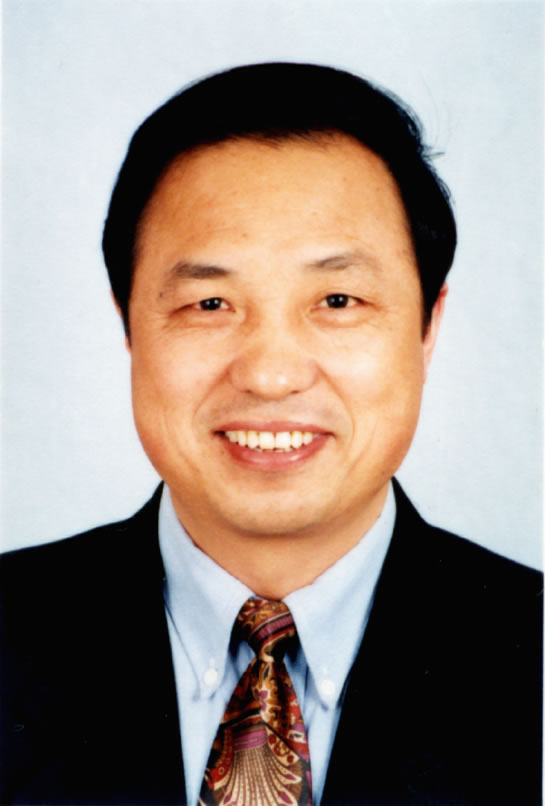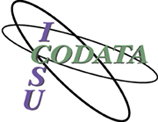Message from the President

Dear Friends,
It is indeed an honour for me to assume the mantle of Dr. Krishan Lal as President of CODATA. I first submitted a paper to CODATA conference in 1988, but I first became formally involved in CODATA in 2004 when I joined the National CODATA Committee in China and became member of the CODATA Executive Committee.
As I begin my term of Presidency, I fully appreciate the many challenges facing the data scientific community today. One of these is a direct result of the enormous amounts of data generated through new technologies. It is interesting to read the initial report on the founding the organization in 1966 which refers to the increase in available data as “approximately doubling every eight years”[1].
To quote from Computing, Community, Consortium, “Today we are at the dawn of a second revolution in discovery – a revolution that will have far more pervasive impact. The focus of this new approach to science – called e Science – are data, specifically:
- the ability to collect and manage orders of magnitude more data than ever before possible;
- the ability to provide this data directly and immediately to a global community;
- the ability to use algorithmic approaches to extract meaning from large-scale data sets, and;
- the ability – and, in fact, the need – to use computers rather than humans to guide the hypothesis/measurement/evaluation loop of scientific discovery”[2].
For CODATA to assert itself as a leading voice of the data science community, it must adapt and evolve to meet these challenges.
A concrete example of why this is so important is in the area of natural hazards. Natural and man-made disasters continue to increase around the world. These, in turn, affect increasing numbers of people. In order to more fully understand why this is happening, and the repercussions of these disasters from both environmental and human perspectives, one of the most critical elements is the availability of reliable and accurate data on hazards, exposure, vulnerability, and impacts. Such data are also essential to any efforts to try and prevent or limit disasters and their impacts.
As President I have identified four goals over the next four years:
- Strengthen the scientific agenda/activities of the organization through the implementation of the CODATA Strategic Plan;
- Initiate new programs and develop data-intensive research;
- Broaden the membership and reach out to relevant data centres and research institutions not engaged in the activities of CODATA;
- Increase the financial resources of the organization.
As President, I propose building on the excellent work carried out by my predecessors by:
- supporting the activities of our eleven newly-elected Task Groups;
- organizing workshops at regional and national levels focussing on these challenges;
- where appropriate, establishing working groups that begin to at least explore how these can be addressed.
I am fully aware that I can only achieve the actions outlined above with the help and support of the CODATA Offices, CODATA Executive Committee, the greater CODATA and ICSU families and the related science and technology community. I look forward to working with you over the coming four years and, more importantly, I rely on your future support and continued dedicated commitment to the organization to assist me in endeavouring to realise some or parts of the goals noted above.
As we start 2011 may I also take this opportunity to wish you and all your colleagues and friends the very best for 2011.
My warmest regards,
GUO Huadong
----------------------------------------------------------------------------------------------------------------------------------------------------------------------------------------------------------[1] Report of the Working Group on Critical Tables which recommended to ICSU the establishment of CODATA in 1966 (page one)
[2] From Data to Knowledge to Action: Enabling 21st Century Discovery in Science and Engineering. Computing, Community, Consortium, Version 13, June 18 2010 http://www.cra.org/ccc/docs/init/Enabling_21st_Century_Discovery_in_Science_and_Engineering.pdf
